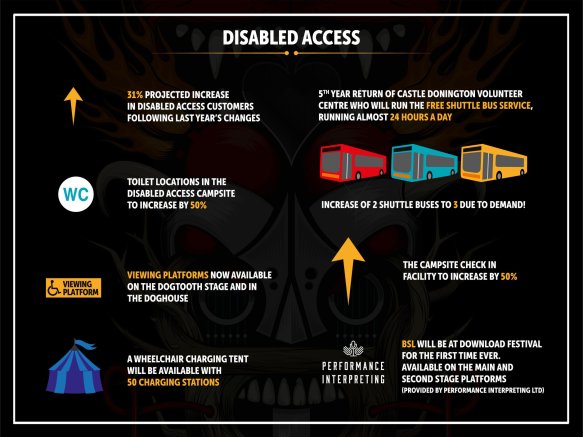The most overlooked type of insurance coverage is disability insurance. Disability benefits are vital for those with disabilities and those caring for disabled people. The types of disabilities vary, but they all result in the same basic need for medical care. These people are known as disability caretakers. These benefits can be received by those who are hurt while performing a job.
Who qualifies for the Disability Dependent Program?
The main types of disability are either mental, physical, or developmental. Temporary disabilities are only considered for those who have a severe or prolonged disability that lasts less than one-year. The disability is considered permanent after the one-year mark. These benefits are not intended to help people with limited mobility or in wheelchairs. Anyone can apply. To be eligible for benefits one must have a serious impairment that makes it impossible to perform most of the activities normally.
Who qualifies for the Disability Dependent Program
Benefit recipients should have a lifetime average Doncaster NDIS level, which is the difference between the total income of a person and the lifetime average earnings level of people in the same age range. In addition, the disability must last at least one year and be projected to last throughout that year. These are general requirements, but they are used to determine who will receive assistance.
Who qualifies for the Disability Dependent Program?
Other disability determinations may also be required. Sometimes, the social security department will ask for medical records in order make their decision. If a claim for benefits is denied based on these documents, a reconsideration can be done. If the reconsideration is successful, the claimant can reapply and receive benefits.
-
Another way to receive disability benefits is to be in a good medical condition and to fulfill other requirements. The applicant must meet the criteria for major medical conditions and must not be in serious financial hardship. These benefits
may not be covered by some insurance policies, so applicants will need to find alternative means. Some companies offer benefits that are based on income while others offer benefits that are based on medical conditions.
Other factors that influence eligibility determination include work history and age. These factors are important in determining eligibility. If they are healthy and in good health, anyone over forty can apply. Part-time workers who are paid regularly may be eligible. To be eligible, they must normally work for at least one full year. Receiving benefits may also depend on whether a person qualifies for Medicaid or not.
A person with disabilities must also have income guarantees of at least 12 months, such as Medicaid. In order to qualify for Medicaid, the applicant must have a severe physical impairment, a disabling illness or a medical condition that substantially limits his ability to earn. After the application has been submitted, the insurance company will review it. If the company finds that the applicant qualifies, the benefits will be sent to the applicant. Usually, the applicant will be informed about the monthly payments and asked to pay directly to the disability agency.
In some cases, aid may also be offered to those who are physically impaired. They are more likely to be turned down than applicants with other impairments. In some cases, the reason for rejection is that the earnings of the applicant do not meet the required income limits. Some companies may also reject applicants with certain medical conditions. Again, if this is the case, the applicant must provide documentation of the medical condition and must explain why it interferes with the ability to earn benefits.
